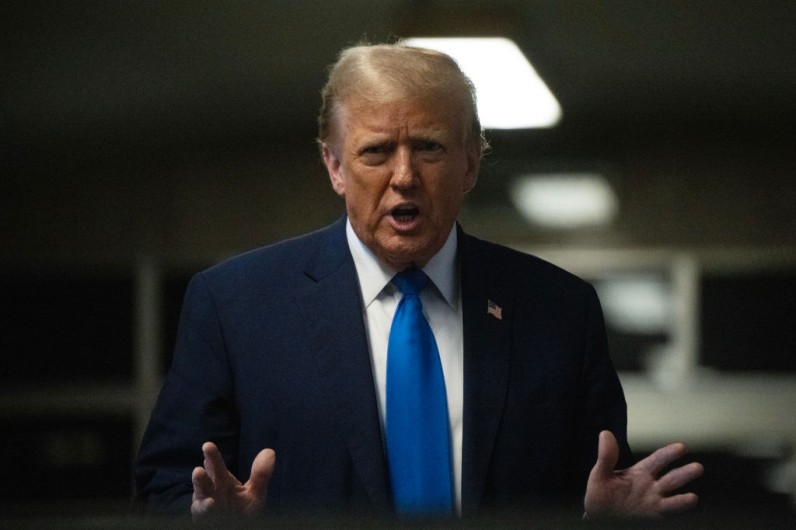
Extending the 2017 tax cuts championed by former President Donald Trump could cost a staggering $4.6 trillion, according to new estimates from the Congressional Budget Office (CBO).
This price tag has reignited debates over fiscal responsibility and economic priorities as Congress looks towards addressing the nation's financial future.
Tax Cut Extension's $3.8 Trillion Price Tag Raises Deficit Concerns
The bulk of this cost, around $3.8 trillion, is attributed to extending personal income tax cuts alone.
Additionally, other expiring tax breaks, including estate tax restrictions and benefits for small businesses, contribute to this substantial figure.
The CBO revealed that the extension would incur an additional cost of $1.1 trillion compared to earlier estimates.
The report raises concerns about the deficit impact of renewing these tax cuts, with CBO Director Phillip Swagel describing the U.S. fiscal outlook as "daunting."
Trump tax cuts's benefits are primarily skewed towards large corporations and the wealthiest individuals.
This comes amidst President Joe Biden's proposal of nearly $5 trillion in new tax hikes on businesses and high-earners, highlighting the contrasting approaches between parties.
Tax Policy Debates Heat Up
In an interview with Bloomberg, CBO Director Phillip Swagel highlighted that personal income tax cuts do not stimulate economic growth as significantly as permanent business tax cuts.
Additionally, he mentioned that the CBO has revised its projection for this year's budget deficit, which now approaches $2 trillion, up from the previous estimate of $1.6 trillion issued in February.
The estimated $4.6 trillion price tag has also drawn criticism from some Democratic leaders.
Senate Finance Committee Chairman Ron Wyden denouncing it as a move to reinforce Trump's favors to corporations and the affluent.
Meanwhile, Republican nominee Trump has expressed support for a new middle-class tax cut if re-elected.
Trump signed the "Trump tax cuts" legislation, which heavily favored tax cuts for wealthy individuals and large profitable corporations, in 2017.
While the corporate aspects of that legislation were largely made permanent, the components impacting individuals were mostly temporary and are scheduled to lapse by the end of 2025.







Join the Conversation